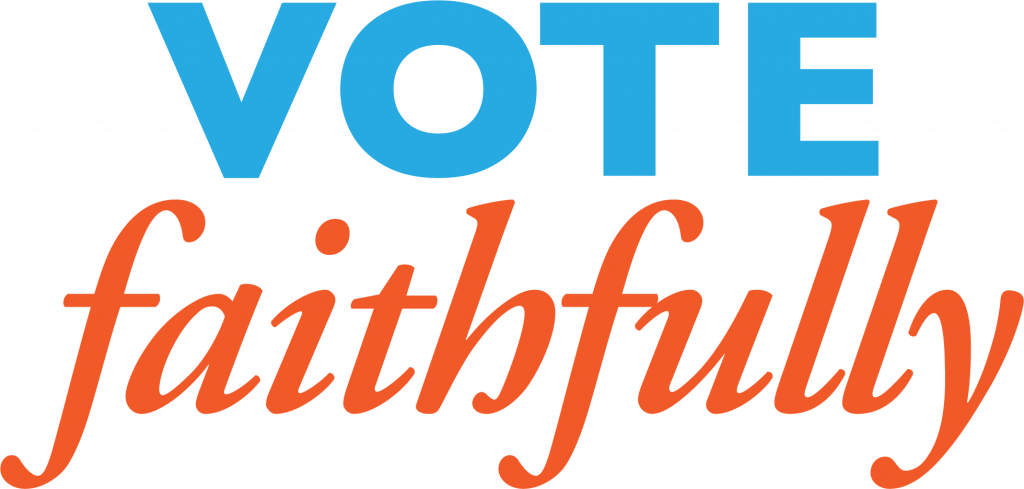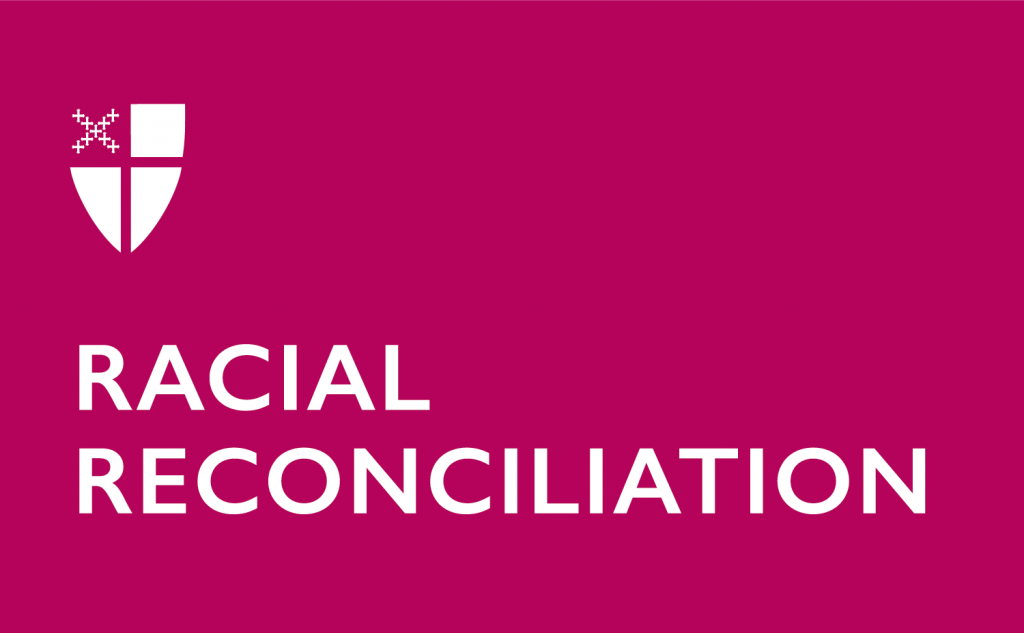Democracy is a Year-Round, Proactive Exercise
By Alan Yarborough

Participating in our democracy is a central element of our common life together. It is also an expression of our faithful commitment to our neighbors. Presiding Bishop Michael Curry emphasizes that it is a Christian obligation to vote, and that we must vote faithfully when we go to the polls (or fill out our ballots by mail) each election cycle. Many Episcopalians already vote regularly, but we want to challenge you to do more by joining in the efforts mentioned below.
Elections take place somewhere in the United States every year, with many state and local elections happening not just on Election Day in November but on dates throughout the year. Being an engaged participant in democracy is a year-round exercise—not just to participate in each election but to also advocate to those we elect!
Beyond casting your own vote, here are three ways you can get more involved in our democratic process.
Voting Rights Advocacy
While attention on voting rights often surges right before an election, it is the time between elections when legislation is most likely to move forward, and meaningful reforms will have time to be implemented. Federal legislation is a critically important aspect of voting reform, but it is not the full picture. States have wide discretion on a range of voting policies—from voter registration protocols to early and mail-in voting to drawing districts and gerrymandering. Investment in election systems and processes is essential.
In some states, access to voting has improved considerably in recent years, while in others more obstacles have been put in place with a disproportionate impact on non-white communities. These disparities can discourage voting by making it more difficult for some to cast their vote. You can advocate at your own state level for improved access to voting, and you can join in with the Episcopal Public Policy Network’s Action Alerts encouraging meaningful federal legislation. (We also have an action alert urging statehood for Washington, D.C., and asking Congress to bolster funding for Election Security Grants.)
Facilitating the Election Process
The COVID-19 pandemic brought the roles of thousands of poll workers and other election officials into the spotlight as departments across the country sought to recruit people willing and able to help people vote on Election Day and in days or weeks prior. Poll worker recruitment continues to face challenges with individuals and groups threatening harm to polling sites and people working there.
In the 2022 election, there were very few instances of violence carried out, but fear and concern remain. Our elections rely on people of goodwill and integrity to step up as poll workers—it is a chance to get paid, to see how democracy functions up close, and come away reassured about many aspects of our election processes. Learn how to be a poll worker today!
The Episcopal Church works with Election Hero Day to celebrate all of those stepping up to facilitate our elections—including this day of gratitude in your parish can help elevate the need for service.
Voter Engagement—Getting Out the Vote!
Finally, what most are familiar with: getting souls to the polls! Despite very real concerns around voting rights in parts of the country, there is still a great deal we can do to help everyone eligible be able to cast their ballot.
We want to maintain the act of voting as a serious, necessary, yet celebratory action to care for self and one another. Votes matter, from the top of the ballot in presidential races all the way down to state legislatures, city councils, school boards, ballot initiatives, and more. Keeping a positive framing on voting can help draw more people into this practice. Our partners at Civic Holidays have a host of great resources for this work.
There are dozens of ways to help get out the vote, but most importantly, remember it is not only about getting people in your church to vote but helping our congregations live into the role they can play for the broader community. Check out our Vote Faithfully guide for voting (2024 version coming soon), and if you want to get more involved and network with Episcopalians doing this work across the country, we encourage you to volunteer in our Episcopal Election Activator program.
While election season captures our attention for involvement, approaching these three facets of democracy work requires different timelines and strategies, and as such we advise approaching each aspect of election and voter engagement separately.
Three facets, three different strategies, three types of engagement. We hope you join us however you can in helping to enrich our common life together through participating in our democracy. As always, be in touch with us with ideas or questions at eppn@episcopalchurch.org.
—
Alan Yarborough is the church relations officer for the Office of Government Relations, where he is primarily responsible for the maintenance and growth of the Episcopal Public Policy Network and the resources aimed at educating, equipping, and engaging the church in policy advocacy.

